The Transformational Potential of Rebar Mill Scale in the Construction Industry Introduction The construction industry has been a vital contributor to global economic development, with its demand steadily increasing over the years. One key element in construction projects is reinforcement bars, commonly known as rebar. However, during the fabrication of rebar, a byproduct known as mill scale is generated. This article explores the untapped potential of rebar mill scale, highlighting its transformative capabilities within the construction industry. Understanding Rebar Mill Scale Rebar mill scale is the flaky byproduct that forms on the surface of steel bars during the rolling process. It consists of iron oxides, including hematite and magnetite, which adhere to the bars. As the mill scale is generated, it typically accumulates on the surface, forming a layer that requires removal before further processing or use. Challenges of Mill Scale Management Traditionally, rebar mill scale has been considered a waste material and is often disposed of, leading to undesirable environmental consequences.
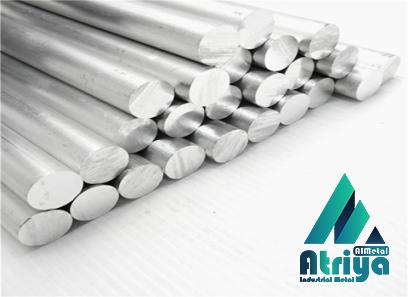
.
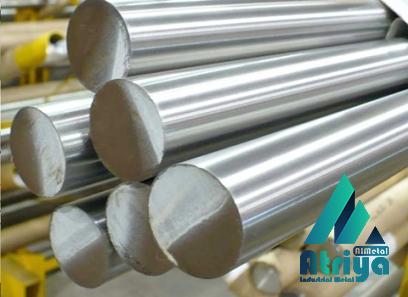 Additionally, the costs associated with its disposal have become a financial burden for many steel manufacturers. However, a paradigm shift is taking place as stakeholders recognize the potential of rebar mill scale as a valuable resource. Unleashing the Potential: Recycled Rebar Mill Scale In recent years, researchers and companies have devoted efforts to explore the potential applications of rebar mill scale in the construction industry. Several innovative solutions have emerged that leverage the properties of mill scale as a key ingredient. 1. Concrete Additive Rebar mill scale possesses inherent properties that make it an ideal additive in concrete production. Its fine particle size and high iron content contribute to enhanced reactivity, resulting in increased concrete strength and durability.
Additionally, the costs associated with its disposal have become a financial burden for many steel manufacturers. However, a paradigm shift is taking place as stakeholders recognize the potential of rebar mill scale as a valuable resource. Unleashing the Potential: Recycled Rebar Mill Scale In recent years, researchers and companies have devoted efforts to explore the potential applications of rebar mill scale in the construction industry. Several innovative solutions have emerged that leverage the properties of mill scale as a key ingredient. 1. Concrete Additive Rebar mill scale possesses inherent properties that make it an ideal additive in concrete production. Its fine particle size and high iron content contribute to enhanced reactivity, resulting in increased concrete strength and durability.
..
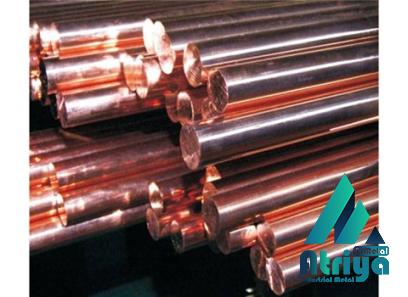 Furthermore, the iron oxides in mill scale can act as a pigment, providing color to concrete structures. 2. Corrosion Protection Steel reinforcement bars are susceptible to corrosion, leading to structural degradation. Rebar mill scale can be transformed into protective coatings that efficiently inhibit the onset of corrosion. Applying mill scale-based coatings on rebar helps extend its lifespan and ensure structural integrity. 3. Waste-to-Energy Conversion The high proportion of iron in mill scale makes it a potential feedstock for iron production. Advanced recycling techniques enable the extraction of iron from mill scale, contributing to the circular economy by reducing the reliance on virgin iron ore.
Furthermore, the iron oxides in mill scale can act as a pigment, providing color to concrete structures. 2. Corrosion Protection Steel reinforcement bars are susceptible to corrosion, leading to structural degradation. Rebar mill scale can be transformed into protective coatings that efficiently inhibit the onset of corrosion. Applying mill scale-based coatings on rebar helps extend its lifespan and ensure structural integrity. 3. Waste-to-Energy Conversion The high proportion of iron in mill scale makes it a potential feedstock for iron production. Advanced recycling techniques enable the extraction of iron from mill scale, contributing to the circular economy by reducing the reliance on virgin iron ore.
…
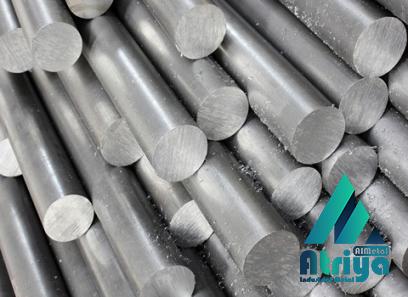 Moreover, the energy content of mill scale allows for its utilization in sustainable energy generation. Conclusion The underutilized resource of rebar mill scale has immense potential to revolutionize the construction industry. By harnessing its properties, such as enhancing concrete strength, providing corrosion protection, and contributing to the circular economy, stakeholders can benefit economically and environmentally. Research, innovation, and collaboration across industry sectors will be key to fully unlocking the transformative potential of rebar mill scale. As the visionaries in the construction industry seize this opportunity, the disposal of this byproduct will soon become a relic of the past.
Moreover, the energy content of mill scale allows for its utilization in sustainable energy generation. Conclusion The underutilized resource of rebar mill scale has immense potential to revolutionize the construction industry. By harnessing its properties, such as enhancing concrete strength, providing corrosion protection, and contributing to the circular economy, stakeholders can benefit economically and environmentally. Research, innovation, and collaboration across industry sectors will be key to fully unlocking the transformative potential of rebar mill scale. As the visionaries in the construction industry seize this opportunity, the disposal of this byproduct will soon become a relic of the past.

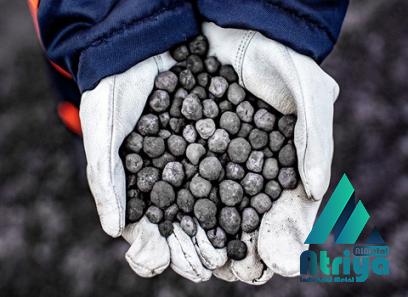
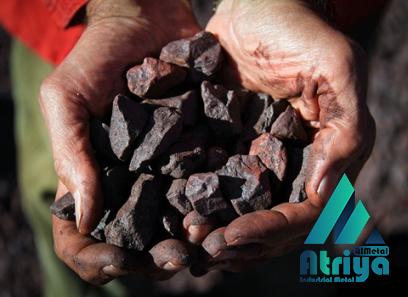
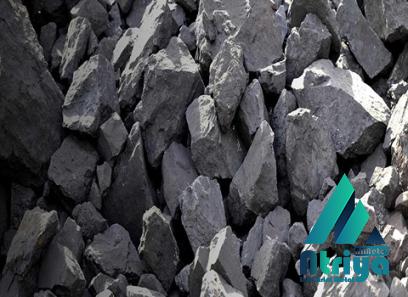
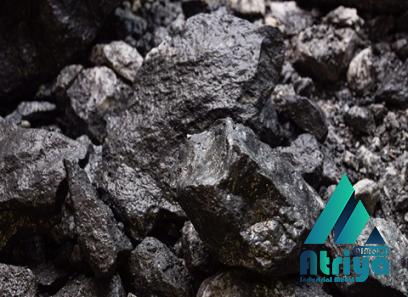
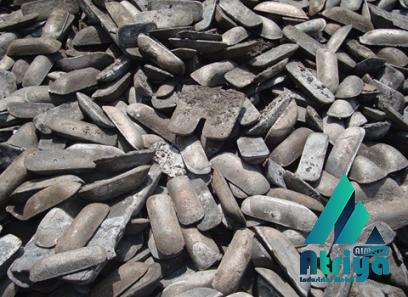
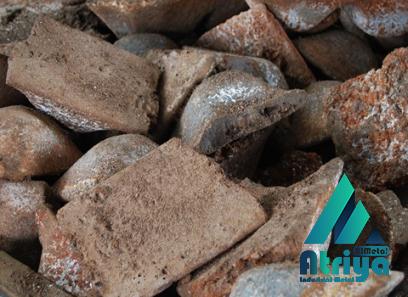
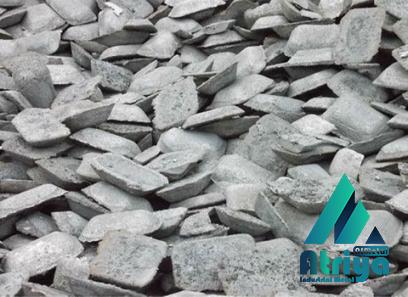
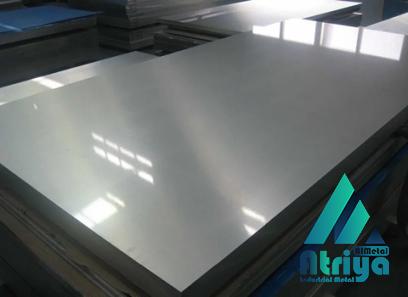
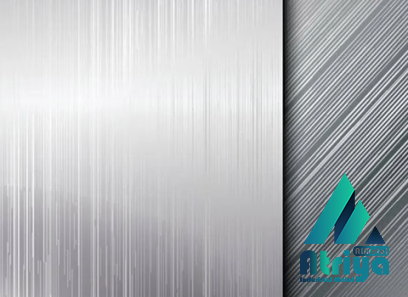
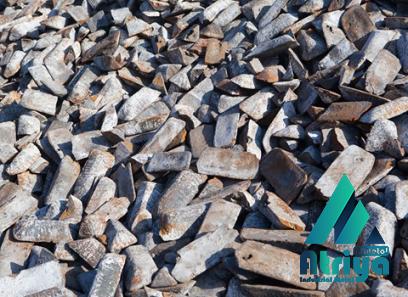
Your comment submitted.